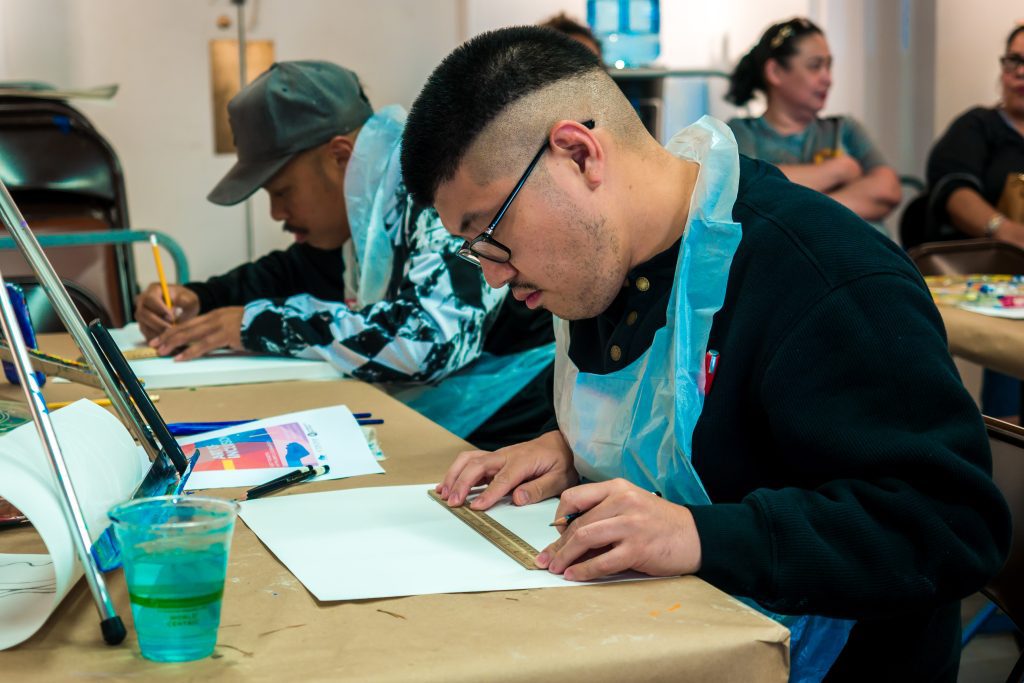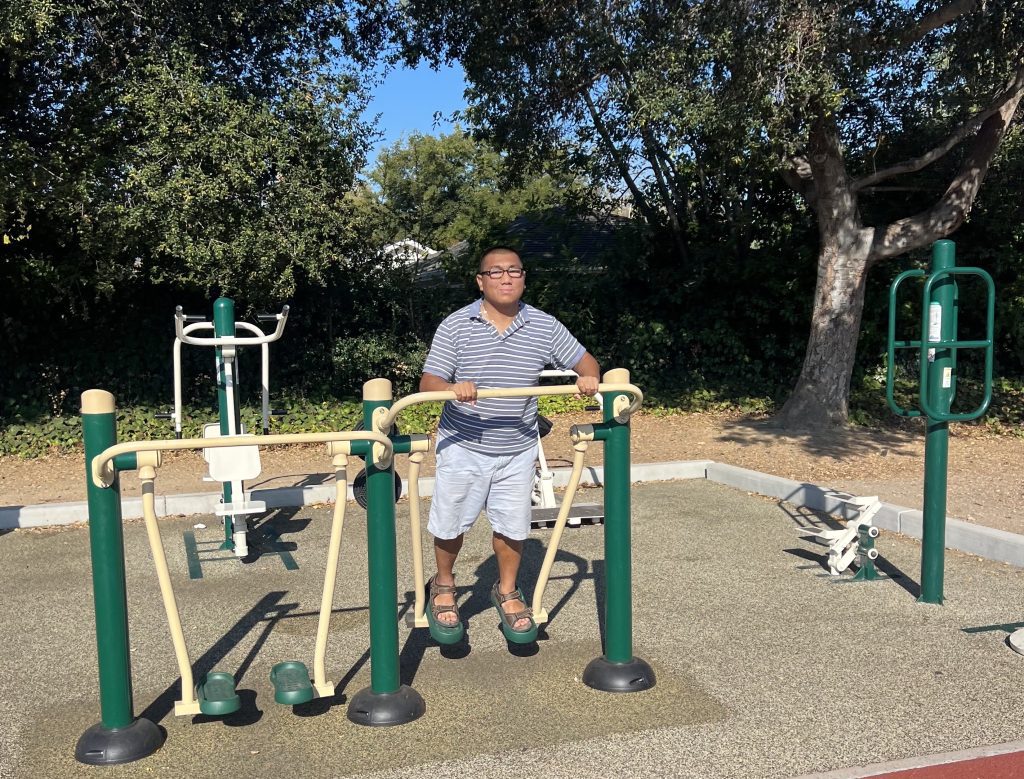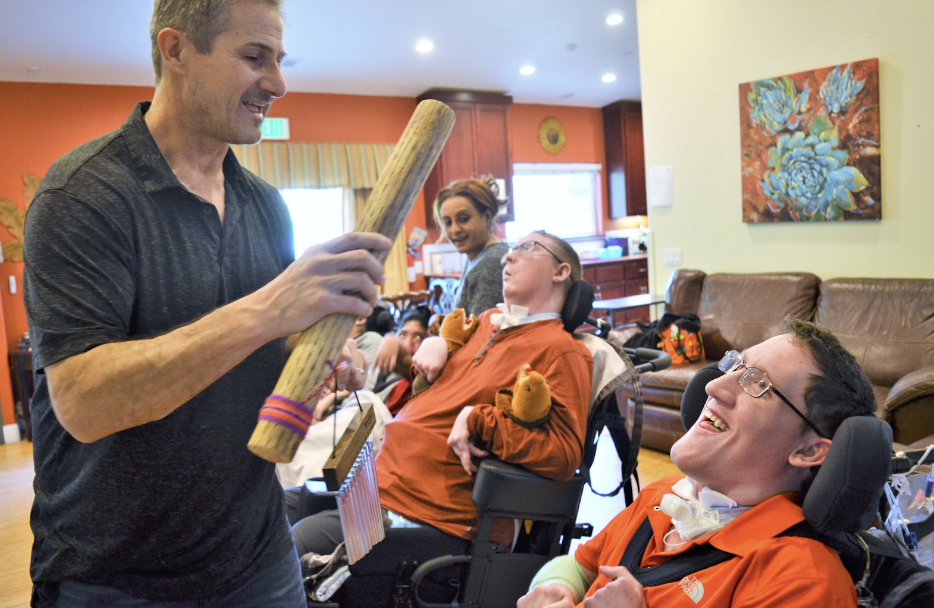Prioritizing Mental Health in Adults with Developmental Disabilities
Art Therapy as a Tool for Promoting Mental Well-being

Art therapy is a transformative and expressive form of therapy that utilizes various artistic mediums to promote mental health. For adults with developmental disabilities, art therapy offers a unique opportunity for self-expression and self-discovery. Through painting, drawing, sculpting, or other creative outlets, individuals can communicate their emotions, thoughts, and experiences in a nonverbal manner. Art therapy provides a safe and supportive environment for them to explore their inner worlds, process difficult emotions, and gain a deeper understanding of themselves. Engaging in art activities can also foster a sense of accomplishment and boost self-esteem. By incorporating art therapy into mental health awareness activities, we can empower adults with developmental disabilities to harness their creative potential and enhance their overall well-being.
At LSA, we hold the Art of Inclusion, which is an event that celebrates the bridging of two communities during a time when we need inclusion and togetherness the most. Read about a past Art of Inclusion event here.
The Role of Physical Activity in Improving Mental Health

Physical activity plays a crucial role in improving mental health for individuals with developmental disabilities. Regular exercise has been shown to have numerous benefits, including reducing symptoms of anxiety and depression, boosting mood, and enhancing overall well-being. Engaging in physical activities tailored to the abilities and preferences of adults with developmental disabilities can provide a range of positive outcomes. This may include gentle stretching exercises, yoga, dance, or even adaptive sports. You can often find residents of LSA homes going for a walk on the track, out on a hike, utilizing outdoor workout equipment, and doing the best exercise of them all, dancing. For residents that are wheelchair bound or have medical needs that limit their mobility, a physical therapist visits them weekly. Physical activity not only promotes the release of endorphins, the “feel-good” hormones, but also enhances self-confidence, body awareness, and social interaction. It offers a holistic approach to mental health by improving physical health, reducing stress, and providing a sense of accomplishment.
Social Connection and Its Impact on Mental Health

Social connection is a fundamental aspect of human well-being, and it holds particular importance for adults with developmental disabilities. Building and maintaining meaningful social connections can significantly impact their mental well-being. By fostering social interaction and cultivating a supportive community, we can alleviate feelings of isolation and loneliness, boost self-esteem, and enhance overall happiness. Creating opportunities for adults with developmental disabilities to engage in group activities, join support networks, or participate in social clubs can provide a sense of belonging and social validation. LSA’s Community Integration Training Program (CITP) provides residents with invaluable experience to connect with folks out in the community through their volunteer work while also building friendships and life skills. Learn more about CITP here. Outside of volunteer work, residents and participants of LSA’s programs have many celebratory events whether that be a fellow peer’s birthday or a major holiday. LSA ensures that residents have many avenues to support social connection and the impact of this can be seen through their smiles. Encouraging inclusive environments where individuals can connect, share experiences, and build relationships is essential for promoting their mental health.
Exploring Sensory-based Activities for Stress Reduction

Sensory-based activities offer a valuable avenue for stress reduction and relaxation in adults with developmental disabilities. Many individuals with developmental disabilities may experience sensory sensitivities or difficulties with self-regulation. Engaging in sensory-based activities can provide a calming and soothing effect, helping to reduce anxiety and promote emotional well-being. These activities may include aromatherapy, where individuals can experience the calming effects of essential oils, or tactile stimulation through the use of sensory objects like stress balls or textured surfaces. Additionally, soothing sounds such as nature sounds or gentle music can create a serene atmosphere and promote relaxation. By incorporating sensory-based activities into mental health activities, we can support adults with developmental disabilities in finding moments of tranquility and inner peace.
Music Therapy and its Benefits for Mental Health

Music therapy has shown remarkable benefits for individuals with developmental disabilities in terms of improving mental health and overall well-being. Through active engagement in music-related activities, such as listening, singing, or playing instruments, adults with developmental disabilities can experience emotional regulation, self-expression, and enhanced social interaction. Music has a unique ability to evoke emotions, trigger memories, and promote a sense of joy and connection which is why LSA has implemented a music therapy program in five of our homes which serve adults with developmental disabilities that also have severe medical needs. It has brought residents pure joy and something to look forward to weekly. Read more here on LSA’s music therapy as seen published in the Mercury New’s Wishbook.
By embracing these approaches, we can create inclusive environments, foster self-expression, and nurture a sense of belonging and self-discovery. Each step we take in promoting mental health awareness activities for adults with developmental disabilities brings us closer to unlocking their full potential and enabling them to lead fulfilling lives.
Resources
A Guide to Basic Life Skills for Adults with Disabilities
Benefits of Sensory Activities for Adults with Autism
How Art Therapy Helps People with ADHD, LD and Autism
Music Therapy for Adults with Developmental Disabilities
